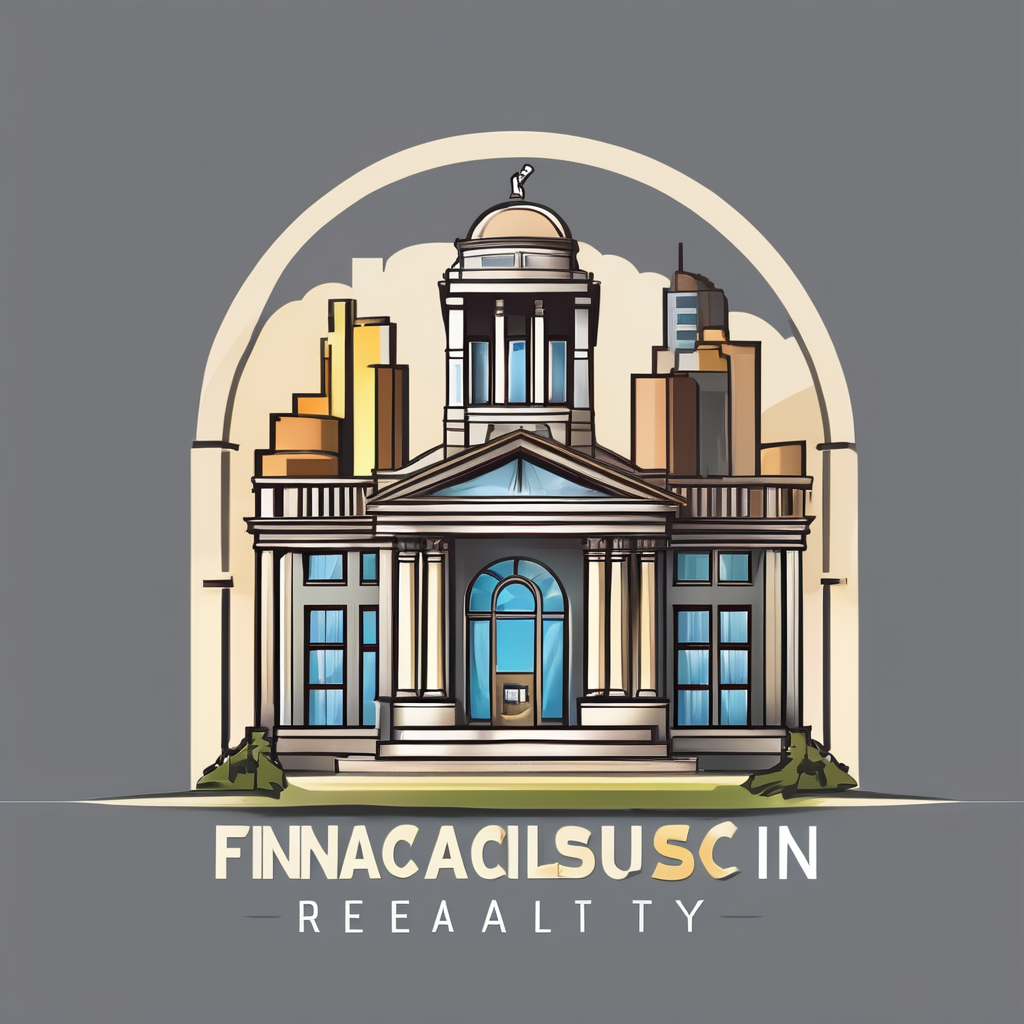As trustees, you have been entrusted with an immense responsibility. Managing property assets for the benefit of your beneficiaries involves significant consideration and meticulous attention to detail. The role of a trustee is complex, dealing with legal, financial, tax and investment responsibilities – all with the aim to deliver optimal outcomes for the beneficiaries. In this article, we will discuss the key considerations for trustees in the UK managing property assets, including trust set-ups, trustee responsibilities, asset management, tax implications, and investment advice.
Trust Set-up and the Settlor
The first stage in managing property assets is the set-up of the trust. This involves a settlor, who transfers the assets into a trust, and the trustees, who manage these assets.
A voir aussi : What steps should UK nationals take to safeguard real estate investments overseas?
When setting up a trust, one of the key considerations is the trust deed. This is a legal document outlining the trust’s terms and conditions and specifies the powers and duties of the trustees. As trustees, you must understand this deed thoroughly.
It is crucial to consider the settlor’s intentions when setting up the trust. Why is the trust being set up? What are the settlor’s objectives for the beneficiaries? The answers to these questions will guide your approach as trustees.
En parallèle : How can UK retirees plan property investments for a sustainable income?
Trustee Responsibilities and Duties
As trustees, you have a significant number of responsibilities and duties. First and foremost, you owe a duty of trust and confidence to your beneficiaries. You are responsible for managing and investing the trust’s assets prudently and in the best interests of the beneficiaries.
You will need to balance the needs of different beneficiaries, which can sometimes be competing. For example, some beneficiaries might need income now, while others will benefit in the future. It’s your duty to make fair and balanced decisions.
You must also comply with all relevant legal and financial regulations. This can include everything from property law to tax legislation. Breaching these duties can lead to legal action and personal liability. So, it’s essential that you understand and fulfil your responsibilities as trustees.
Asset Management and Property Assets
When it comes to managing the assets within the trust, this often involves managing property. Properties can be a great source of capital growth and income, but they can also come with risks and costs.
As trustees, you must ensure that the property assets are well managed. This includes ensuring that the properties are rented out, maintained well, and insured correctly. You will need to consider market conditions and decide whether to buy, sell, or retain properties.
You must also consider the tax implications of properties. For example, rental income is subject to tax, and properties can possibly incur capital gains tax if they are sold at a profit.
Tax Considerations for Trusts
Managing a trust involves navigating a complex web of tax laws. As trustees, you must ensure that the trust is compliant with all relevant tax regulations.
Trusts are subject to different tax rates and allowances than individuals. For example, trusts pay income tax on income received, and the rate can be up to 45% for discretionary trusts.
Trusts may also be subject to inheritance tax, depending on how and when assets were transferred into the trust. Understanding the tax implications of trusts is essential to maximise the benefits for the beneficiaries.
Investment Advice for Trustees
Finally, as trustees, you also need to consider the investment aspects of managing assets. This involves considering the best ways to invest the trust’s assets to provide an income and capital growth for the beneficiaries.
You should seek professional investment advice to guide your decisions. This advice should consider the beneficiaries’ needs, the trust’s objectives, and the risk tolerance of the trust.
In conclusion, managing property assets as trustees involves many key considerations. You must understand your duties and responsibilities, manage assets effectively, navigate complex tax laws, and make informed investment decisions. By doing so, you can ensure that you are acting in the best interests of the beneficiaries.
Property Management and Discretionary Trusts
The core of managing property assets within trusts revolves around two main types of trusts: interest in possession trusts and discretionary trusts. The type of trust you are dealing with will significantly impact how you manage the property assets.
For interest in possession trusts, the beneficiary has an immediate and automatic right to the income from the trust after expenses. As trustees, you are tasked with managing the property to ensure a consistent income stream. This involves meticulous property maintenance, securing reliable tenants, and managing rental contracts effectively.
On the contrary, with discretionary trusts, trustees have complete discretion over how to distribute the trust’s income. In this case, beneficiaries do not have an automatic right to the trust’s income. As a trustee, you might decide to reinvest the income to achieve capital growth, or you may distribute it among beneficiaries in a way that fits the settlor’s intentions and the beneficiaries’ needs.
With both types of trusts, remember that managing property assets often involves dealing with real estate market fluctuations, maintenance costs, and potential tenant issues. As such, trustees must be proactive, responsive, and have a good understanding of the property market.
Evaluating Potential Tax Implications
There are several tax implications when managing property assets within a trust, including income tax, capital gains tax, and inheritance tax. It is critical that trustees have a comprehensive understanding of these taxes to ensure compliance and optimum financial management of the trust’s assets.
Income tax is levied on any income generated from the trust assets, such as rental income from property. Different types of trusts are subject to different income tax rates. For instance, discretionary trusts can be subject to a rate up to 45%.
Capital gains tax applies when trust assets (including properties) are sold for a profit. Trustees should be aware of the annual exempt amount and the tax rate applicable to the type of trust they are managing.
Finally, inheritance tax might be due on assets transferred into a trust, depending on the value of the assets and the timing of the transfer. In some circumstances, the trust fund itself might be subject to inheritance tax charges every ten years – a fact that trustees must factor into their financial planning.
In conclusion, whether you are setting up a trust, navigating trustee responsibilities, managing property assets, or dealing with complex tax matters, remember that your role as a trustee is multi-faceted and requires a broad range of skills and knowledge. The main goal is to act in the best interests of the beneficiaries, honoring the settlor’s intentions while managing the trust’s assets effectively. With careful planning, proper understanding of your duties and responsibilities, and the right advice, you can successfully manage property assets within the trust.






